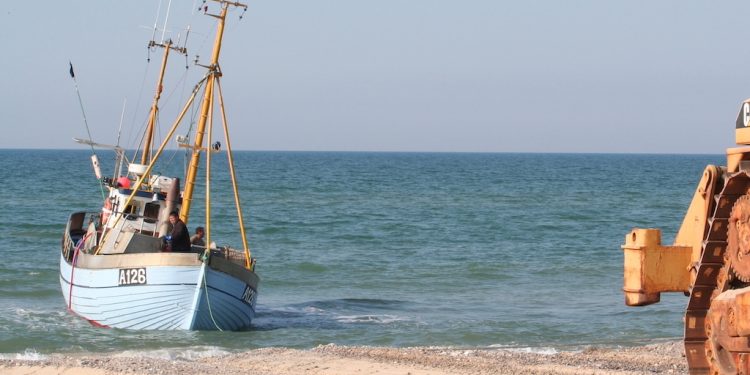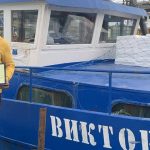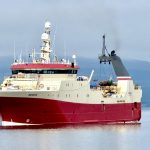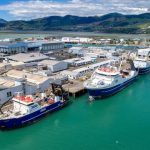Branded unrealistic legislation that endangers farmers and fishers’ livelihoods and food production in the European Union, organisations representing farmers and fishermen are calling for the controversial Nature Restoration Law to be rejected.
In an unprecedented move, the European Parliament’s Committees on Agriculture (AGRI) and Fisheries (PECH) have both already rejected the Commission’s proposals.
On 15th June, the European Parliament’s Committee on Environment (ENVI) will take a final decision on this. Copa-Cogeca and Europêche are sending a clear message to this Committee to hear and respect the concerns of the agricultural and fishing communities, and to echo the message from AGRI and PECH committees that the European Commission needs to restart this process from scratch.
The European Commission last year proposed its flagship Nature Restoration Law as part of its biodiversity strategy, setting out new binding targets to restore degraded ecosystems.
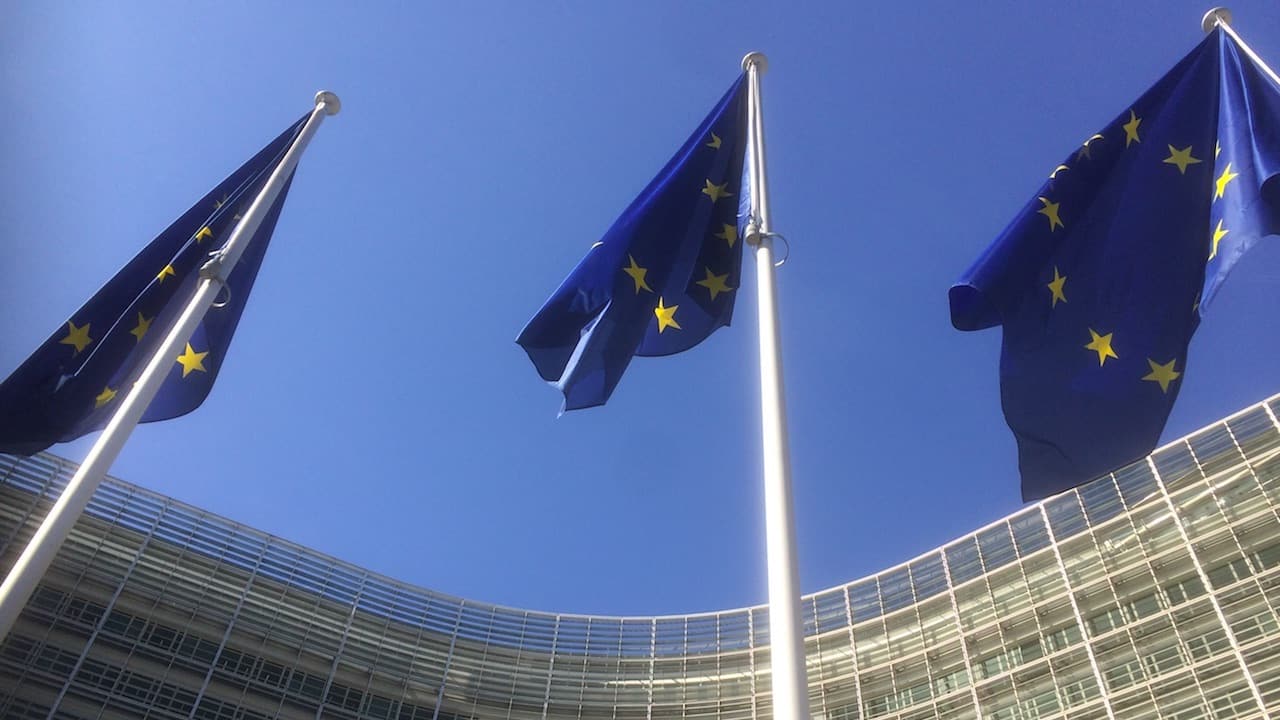
According to Copa-Cogeca and Europêche, this regulation is bound to have huge and devastating consequences for farming and forestry across the EU, to close countless fishing grounds.
They state that the Commission conducted an impact assessment which does not accurately represent the actual impact on the primary producers in Europe, and instead focused on the benefits it will have for society. They also point out that the Commission expects all restoration to come from the CAP or EMFAF, when these budgets are already over-stretched – and refuses to countenance proposing a concrete Restoration Fund for the benefit of all affected by in this transition.
‘A good Nature Restoration Law cannot be designed without the clear commitment of farmers and fishermen. So, instead of threats and backdoor deals, the European Commission should go back to the drawing board. EU authorities must respect and acknowledge that those who will be implementing this law do not see it as feasible, workable, nor implementable,’ said Niels Peter Nørring, Chairman of the Working Party on Environment for Copa-Cogeca.
‘The European Commission proposed last year a Nature Restoration Law, introducing new legally binding targets and obligations for Member States, and indirectly on our European primary production sectors. All Members of the European Parliament who supported rejection said yes to nature restoration but no to an ill-thought out, unrealistic, and unimplementable legislation that endangers farmers and fishers’ livelihoods and food production in the EU.’
The two organisations state that agriculture and fisheries have been facing not only wider challenges of Covid, and energy crisis and now a war, but also radical environmental EU policies that are deeply affecting EU food production and food sovereignty.
‘The Commission has created a polarised debate around the EU Nature Restoration Law. Likewise, NGOs have politicised and simplified the debate by listing MEPs in favour or against nature. But the problem is that we have reached a point where protection is synonymous with exclusion. We must try to make environmental protection compatible with human activity and in particular with the much-needed production of food,’ said Europêche president Javier Garat.
‘We are already importing 70% of the seafood we are consuming in Europe. The new Law will certainly contribute to increase the food security gap. In order to meet the needs of its people, the EU must give a straight answer to fundamental question: How much food should the EU produce/import and is it wise to entrust our food security to third countries?’

